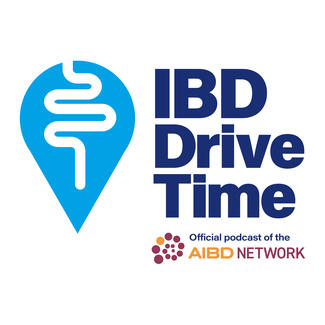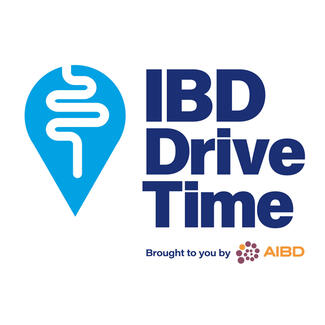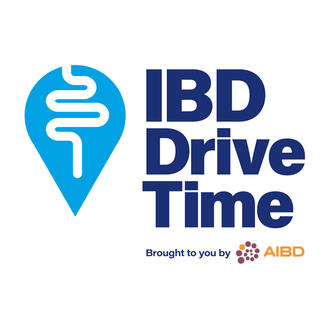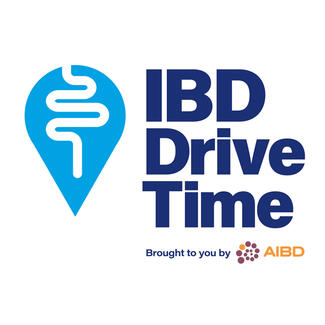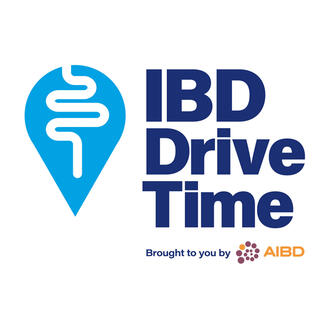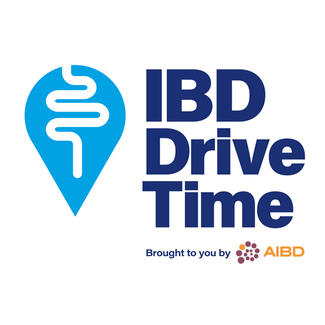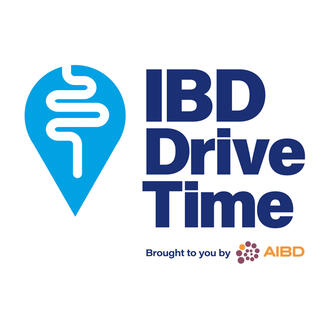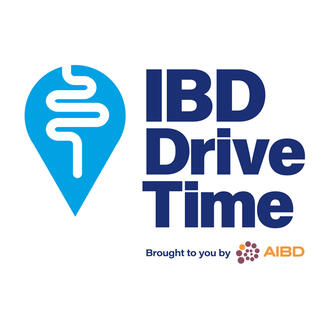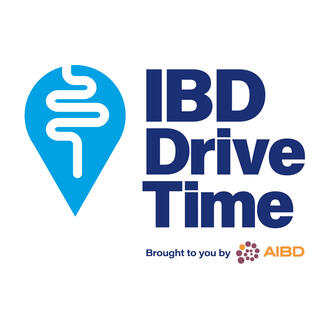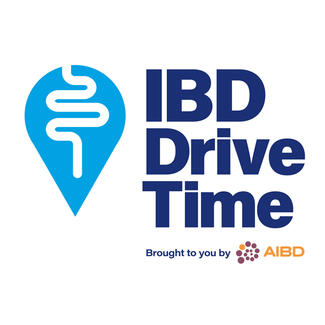Advanced Combination Treatment Shows Promise in Refractory IBD with Manageable Safety Profile
A multicenter Canadian study published in The American Journal of Gastroenterology has demonstrated that advanced combination treatment (ACT) may be a viable therapeutic strategy for patients with refractory inflammatory bowel disease (IBD), extraintestinal manifestations (EIMs), or coexisting immune-mediated diseases (IMIDs).
The findings support the growing use of dual-agent strategies in challenging cases where monotherapy is insufficient.
The study included 105 adult patients with Crohn’s disease (n=76) or ulcerative colitis (n=29) across 9 centers. Median patient age was 35, and 58% had failed at least 3 prior advanced therapies. At baseline, 39% of patients had perianal involvement, and 40% had undergone prior surgery. ACT regimens consisted of 2 biologics, a biologic combined with a small molecule, or 2 small molecules. The most common regimen was anti-TNF plus anti-integrin.
The primary indication for ACT was refractory IBD (63.8%), and in nearly all cases (97.1%), it was initiated using an add-on strategy. At 12 months, cumulative clinical and endoscopic response rates were 60.0% and 32.4%, respectively, while clinical and endoscopic remission were achieved in 29.5% and 28.6%.
“ACT was effective in achieving clinical and endoscopic outcomes in patients with refractory IBD or concomitant IMIDs/EIMs,” the authors reported.
However, key subgroups were less likely to achieve remission. Perianal disease was associated with significantly lower clinical remission (hazard ratio [HR] = 0.33; 95% CI: 0.17–0.65; p=0.001) and endoscopic response (HR = 0.42; 95% CI: 0.12–0.50; p=0.001). Additionally, longer disease duration (HR = 0.96; p = 0.035) and baseline corticosteroid use (HR = 0.39; p = 0.006) predicted reduced clinical remission.
Safety outcomes were generally favorable. Serious adverse events occurred in 12.4% of patients, and infections were reported in 7.6%. These rates were deemed acceptable given the refractory nature of the cohort.
“With favorable safety profile,” the authors concluded, “ACT provides a potential therapeutic strategy in difficult-to-treat IBD populations.”
These findings offer support for considering combination biologic or small molecule therapies in select high-need patients, particularly those unresponsive to conventional single-agent approaches, the authors concluded. Clinicians should remain mindful of predictors of reduced treatment success, such as perianal involvement and steroid dependency, when selecting candidates for ACT.
Reference
Solitano V, Ogunsakin RE, Yuan Y, et al. Effectiveness and safety of advanced combination treatment (act) in patients with refractory inflammatory bowel disease or concomitant immune mediated disease or extra-intestinal manifestations: a multi-center canadian study. Am J Gastroenterol. Published online June 5, 2025. doi:10.14309/ajg.0000000000003573








